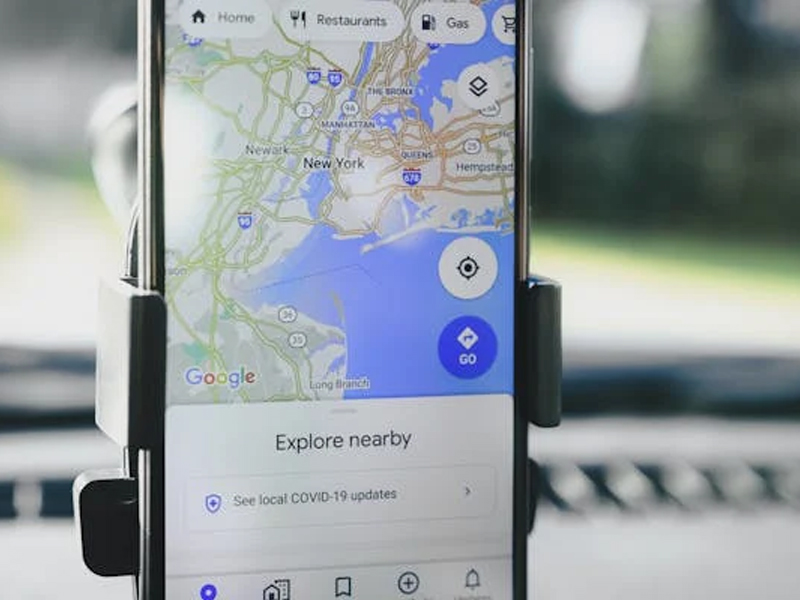Google Develops Virtual Reality Version of Android
Uncategorized
 Internet giant Google is making a version of its Android operating system to power virtual reality apps, the Wall Street Journal reported.
The California-based company has set up a team of “tens of engineers” to build the version of the operating system that can be integrated in future devices, the Journal said Friday, citing two sources familiar with the project.
It added that Google plans to distribute it for free, much as it did with Android in a move that made it the most popular operating system for smartphones.
However, Google’s project faces fierce competition from Facebook, owner of virtual reality headgear star Oculus Rift, among others.
The technology made headlines early in the week as headgear makers took center stage at a Game Developers Conference in San Francisco.
On Wednesday, Sony unveiled a new-generation prototype of its “Morpheus” virtual reality headgear and said a version for consumers is on track for release in the first half of next year.
Smartphone maker HTC and Microsoft with its HoloLens are also heavy hitters in the headgear industry.
Source: http://gadgets.ndtv.com/wearables/news/google-making-android-version-geared-for-virtual-reality-report-668411
Internet giant Google is making a version of its Android operating system to power virtual reality apps, the Wall Street Journal reported.
The California-based company has set up a team of “tens of engineers” to build the version of the operating system that can be integrated in future devices, the Journal said Friday, citing two sources familiar with the project.
It added that Google plans to distribute it for free, much as it did with Android in a move that made it the most popular operating system for smartphones.
However, Google’s project faces fierce competition from Facebook, owner of virtual reality headgear star Oculus Rift, among others.
The technology made headlines early in the week as headgear makers took center stage at a Game Developers Conference in San Francisco.
On Wednesday, Sony unveiled a new-generation prototype of its “Morpheus” virtual reality headgear and said a version for consumers is on track for release in the first half of next year.
Smartphone maker HTC and Microsoft with its HoloLens are also heavy hitters in the headgear industry.
Source: http://gadgets.ndtv.com/wearables/news/google-making-android-version-geared-for-virtual-reality-report-668411 You Might Be Interested In:
Frequently Asked Questions?

01
Blockchain
The High Price of Crypto: Environmental Cost of Mining and Solutions for a Greener Future
Apr 25, 2024

01
AI & ML
Gemini Evolves: Your AI Assistant on the Go with the New Overlay Feature
Apr 24, 2024

01
Tech news
Cloud Storage: Powering Progress or Polluting the Planet?
Apr 22, 2024

01
AI & ML
No More Range Anxiety: Google Maps Uses AI to Simplify EV Charging
Apr 20, 2024
SUSBSCRIBE TO OUR NEWSLETTER
Join our subscribers list to get the latest news and special offers.
The High Price of Crypto: Environmental Cost of Mining and Solutions for a Greener Future
Gemini Evolves: Your AI Assistant on the Go with the New Overlay Feature
Cloud Storage: Powering Progress or Polluting the Planet?
Gearing Up for a Connected Tomorrow: Top Trends Shaping the Future of IoT